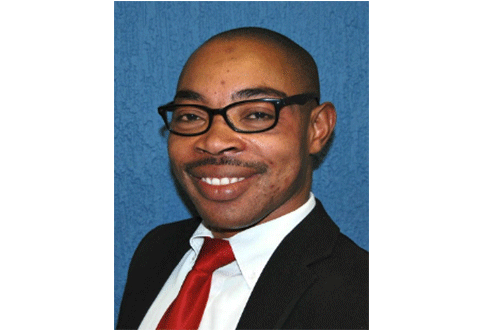Josef Kefas Sheehama
Namibia still finds itself far from achieving the goal of maintaining annual inflation at 3.6% or below. Although there has been a downward trend in inflation since the beginning of the second quarter, it remains unacceptably high at the onset of the third quarter.
Consumer prices surged to 4.70% in August 2023, compared to 4.50% in July 2023, disappointing expectations for a more positive outcome.
As a result, inflation is expected to remain beyond the Bank of Namibia’s targets, notwithstanding the bank’s recent interest rate hike campaign to combat growing prices.
One of the most severe consequences of this market volatility is the threat to food security.
A sharp increase in inflation is expected to drive up the prices of essential food items, leaving a larger portion of the Namibian population vulnerable.
The surge in inflation can be attributed to rising prices for items such as food and non-alcoholic beverages, alcoholic beverages, electricity and fuel, exacerbated by geopolitical tensions.
It is crucial to understand that inflation impedes economic growth and development, as it discourages investment and savings. The persistence of such inflation, along with the necessary actions by the Bank of Namibia to counter it, is heightening concerns of an impending recession.
If rising inflation persists, the consequences could deepen economic inequality, a problem that existed even before the pandemic and the Russia-Ukraine conflict.
Furthermore, rising inflation is a global issue, and no country exists in isolation. As the world becomes increasingly interconnected and interdependent, multilateral solutions are required to address the risks and benefits of integration.
Namibia’s heavy reliance on imports has exposed its economy to the global surge in prices experienced by most nations. Namibia predominantly relies on imports, resulting in high import costs compounded by high logistical expenses due to surging fuel prices.
The resurgence in the inflation rate reported in August is significantly attributed to imported inflation, resulting from the elevated prices of imported inputs. High logistical costs and extended delivery times have further exacerbated the price pressure on these imported inputs.
Additionally, there has been a decline in the purchase of new cars, as many Namibians have opted to repair their current vehicles.
Inflation has also affected the budgets of nearly every individual in Namibia, regardless of their income, location or occupation. Even those with paid-off vehicles are witnessing increasing costs.
The International Energy Agency (IEA) estimates that global oil demand will exceed supply. Recent changes in demand estimates have reduced the projected supply deficit for later in 2023, but it still poses risks for consumers.
OPEC+ production cuts are likely to drive up oil prices, further impacting consumers already squeezed by high inflation. As a result, the decision by OPEC+ will affect countries like Namibia, which are already grappling with economic challenges.
High energy prices and limited supply make Namibia’s economy particularly vulnerable to additional energy shocks, intensifying the consequences of ongoing geopolitical tensions.
The Bank of Namibia is expected to take a pro-cyclical stance and raise interest rates by 25 basis points on 25 October 2023. Sanctions on Russia will have lasting effects on the world economy. The current environment of significantly higher commodity prices could lead to sustained inflation and reduced economic growth, presenting a formidable challenge for policymakers.
In summary, the resurgence in Namibia’s consumer prices is creating a feedback loop, driving prices higher across various sectors.
This poses a significant challenge, as inflation is no longer solely a supply chain issue but also involves labour unrest and consumer behaviour, making it even more challenging to control.
Namibians and the economy have endured numerous hardships, from the extreme and uneven economic effects of the technical recession to persistently high inflation.
It is undoubtedly a challenging period for many people in Namibia as they navigate these economic uncertainties.
*Josef Kefas Sheehama is an independent economic and business researcher.


